44 in supervised learning class labels of the training samples are known
What is a Decision Tree | IBM A decision tree is a non-parametric supervised learning algorithm, which is utilized for both classification and regression tasks. ... recursive manner until all, or the majority of records have been classified under specific class labels. Whether or not all data points are classified as homogenous sets is largely dependent on the complexity of ... In supervised learning, class labels of the training samples are ... Expert-verified answer scouteo In supervised learning, class labels of the training samples are "known." The correct answer is "known." The other options for the question were "unknown," "partially known," and "doesn't matter." It cannot be "unknown," because training samples must be known.
› articles › s41551/022/00914-1Self-supervised learning in medicine and healthcare | Nature ... Aug 11, 2022 · Self-supervised learning is a better method for the first phase of training, as the model then learns about the specific medical domain, even in the absence of explicit labels.

In supervised learning class labels of the training samples are known
› indexPHSchool.com Retirement–Prentice Hall–Savvas Learning Company About a purchase you have made. FAQs: order status, placement and cancellation & returns; Contact Customer Service One-Class Classification Algorithms for Imbalanced Datasets Aug 20, 2020 · You should not label your training samples as 1, but label certain class as 1. For example, if your data is to predict student’s exam score based on their homework scores, then you need to convert the exam score into labels, e.g., score > 50 is 1 (pass) and otherwise is 0. In this way, you are building two classes of students. Classification in Machine Learning: What it is and Classification ... Aug 23, 2022 · This is also how Supervised Learning works with machine learning models. In Supervised Learning, the model learns by example. Along with our input variable, we also give our model the corresponding correct labels. While training, the model gets to look at which label corresponds to our data and hence can find patterns between our data and those ...
In supervised learning class labels of the training samples are known. (PDF) Supervised Learning - ResearchGate Definition Supervised Learning is a machine learning paradigm for acquiring the input-output relationship information of a system based on a given set of paired input-output training samples. As ... Basics of Supervised Learning (Classification) | by Tarun Gupta ... They are namely Learning and Querying phase. The learning phase consists of two components of namely Induction (training) and Deduction (testing). The querying phase is also known as application phase. Let's talk about it in a more formal way now. Formal definition: Improve over task T, with respect to performance measure P, based on experience E. Unstructured Data Classification.txt - In Supervised learning, class ... in supervised learning, class labels of the training samples are known select pre-processing techniques from the options all the options a classifer that can compute using numeric as well as categorical values is random forest classifier classification where each data is mapped to more than one class is called multi-class classification tf-idf is … Multinomial Logistic Regression With Python - Machine Learning … The class labels are mapped to 1 for the positive class or outcome and 0 for the negative class or outcome. The fit model predicts the probability that an example belongs to class 1. By default, logistic regression cannot be used for classification tasks that have more than two class labels, so-called multi-class classification.
EOF scikit-learn.org › stable › modules2.3. Clustering — scikit-learn 1.1.2 documentation For the class, the labels over the training data can be found in the labels_ attribute. Input data. One important thing to note is that the algorithms implemented in this module can take different kinds of matrix as input. All the methods accept standard data matrices of shape (n_samples, n_features). › library › viewHands-On Machine Learning with Scikit-Learn, Keras, and ... Supervised/Unsupervised Learning. Machine Learning systems can be classified according to the amount and type of supervision they get during training. There are four major categories: supervised learning, unsupervised learning, semisupervised learning, and Reinforcement Learning. 3D Machine Learning 201 Guide: Point Cloud Semantic … Jun 28, 2022 · 3D Machine Learning Training set-up. Okay, we have a labels vector and a proper features vector. Now, we need to prepare a set-up for the training phase. For starting, we will split both vectors — while keeping the proper index match between labels and features — to use a portion for training the machine learning model and another portion ...
What is Supervised Learning? - tutorialspoint.com Supervised learning, one of the most used methods in ML, takes both training data (also called data samples) and its associated output (also called labels or responses) during the training process. The major goal of supervised learning methods is to learn the association between input training data and their labels. Supervised learning | Engati A supervised learning algorithm analyzes the training data and produces an inferred function, which can be used for mapping new examples. An optimal scenario will allow for the algorithm to correctly determine the class labels for unseen instances. Supervised Learning in Absence of Accurate Class Labels Measuring complexity of systems is very important in Cybernetics. An aging human heart has a lower complexity than that of a younger one indicating a higher risk of cardiovascular diseases, pseudo-random sequences used in secure information storage [Solved]: Question 84 In Supervised learning, class labels # In supervised learning, class labels of the training samples are "known." • The correct answer is "known." # Supervised learning uses a training set to teach models to yield the desir
supervised learning and labels - Data Science Stack Exchange 5. The main difference between supervised and unsupervised learning is the following: In supervised learning you have a set of labelled data, meaning that you have the values of the inputs and the outputs. What you try to achieve with machine learning is to find the true relationship between them, what we usually call the model in math.
Supervised Classification | Google Earth Engine - Google Developers Dec 20, 2021 · In this example, the training points in the table store only the class label. Note that the training property ('landcover') stores consecutive integers starting at 0 (Use remap() on your table to turn your class labels into consecutive integers starting at zero if necessary).Also note the use of image.sampleRegions() to get the predictors into the table and create a …
PDF Supervised Learning: Classificaon - fenyolab.org • The known label of test sample is compared with the classified result from the model • Accuracy rate is the percentage of test set samples that are correctly classified by the model • Test set is independent of training set (otherwise over-fing) • If the accuracy is acceptable, use the model to classify new data
Semi-Supervised Learning, Explained | AltexSoft Semi-supervised learning bridges supervised learning and unsupervised learning techniques to solve their key challenges. With it, you train an initial model on a few labeled samples and then iteratively apply it to the greater number of unlabeled data. Unlike unsupervised learning, SSL works for a variety of problems from classification and ...
Supervised Multi-labeling classifier - IBM The Supervised Multi-labeling classifier classifies a document into pre-defined classes and give it labels representing assigned classes to it. A set of classes into which the documents are classified is defined by providing training data, which is a set of documents having correct labels. The document classification predicts types, topics, or ...
developers.google.com › machine-learning › glossaryMachine Learning Glossary | Google Developers Jul 18, 2022 · A type of supervised learning whose objective is to order a list of items. rank (ordinality) The ordinal position of a class in a machine learning problem that categorizes classes from highest to lowest. For example, a behavior ranking system could rank a dog's rewards from highest (a steak) to lowest (wilted kale). rank (Tensor)
scikit-learn.org › stable › modulesAPI Reference — scikit-learn 1.1.2 documentation sklearn.semi_supervised: Semi-Supervised Learning¶ The sklearn.semi_supervised module implements semi-supervised learning algorithms. These algorithms utilize small amounts of labeled data and large amounts of unlabeled data for classification tasks. This module includes Label Propagation. User guide: See the Semi-supervised learning section ...
en.wikipedia.org › wiki › Supervised_learningSupervised learning - Wikipedia Supervised learning (SL) is the machine learning task of learning a function that maps an input to an output based on example input-output pairs. It infers a function from labeled training data consisting of a set of training examples . [2]
Types Of Machine Learning: Supervised Vs Unsupervised Learning Supervised learning is learning with the help of labeled data. The ML algorithms are fed with a training dataset in which for every input data the output is known, to predict future outcomes. This model is highly accurate and fast, but it requires high expertise and time to build. Also, these models require rebuilding if the data changes.
Supervised and Unsupervised learning - GeeksforGeeks Supervised learning, as the name indicates, has the presence of a supervisor as a teacher. Basically supervised learning is when we teach or train the machine using data that is well labelled. Which means some data is already tagged with the correct answer.
Supervised Learning: Basics of Classification and Main Algorithms Based on the features of the training set, the decision tree learns a series of questions to infer the class labels of the samples. The starting node is called the tree root, and the algorithm will split the dataset on the feature that contains the maximum Information Gain iteratively, until the leaves (the final nodes) are pure.
Supervised learning - Wikipedia A first issue is the tradeoff between bias and variance. Imagine that we have available several different, but equally good, training data sets. A learning algorithm is biased for a particular input if, when trained on each of these data sets, it is systematically incorrect when predicting the correct output for .A learning algorithm has high variance for a particular input if it predicts ...
Lil'Log - GitHub Pages Apr 15, 2022 · Pre-training + fine-tuning: Pre-train a powerful task-agnostic model on a large unsupervised data corpus, e.g. pre-training LMs on free text, or pre-training vision models on unlabelled images via self-supervised learning, and then fine-tune it on the downstream task with a small set of labeled samples. Semi-supervised learning: Learn from the ...
PDF Supervised Learning in Absence of Accurate Class Labels: a Multi ... samples and corresponding labels associated with that data. The goal of building a classifier is then to find a suitable boundary that can predict correct labels on test or unseen data. A lot of research has been carried out to build robust supervised learning algorithms that can battle the challenges of nonlinear separations, class imbalances etc
Intro to Audio Analysis: Recognizing Sounds Using Machine Learning Sep 12, 2020 · Audio Feature Extraction: short-term and segment-based. So you should already know that an audio signal is represented by a sequence of samples at a given "sample resolution" (usually 16bits=2 bytes per sample) and with a particular sampling frequency (e.g. 16KHz = 16000 samples per second).. We can now proceed to the next step: use these …
Machine learning - Wikipedia Machine learning (ML) is a field of inquiry devoted to understanding and building methods that 'learn', that is, methods that leverage data to improve performance on some set of tasks. It is seen as a part of artificial intelligence.Machine learning algorithms build a model based on sample data, known as training data, in order to make predictions or decisions without being explicitly ...
PDF Supervised Learning in Absence of Accurate Class Labels: a Multi ... samples and corresponding labels associated with that data. The goal of building a classifier is then to find a suitable boundary that can predict correct labels on test or unseen data. A lot of research has been carried out to build robust supervised learning algorithms that can battle the challenges of nonlinear separations, class imbalances etc
Classification in Machine Learning: What it is and Classification ... Aug 23, 2022 · This is also how Supervised Learning works with machine learning models. In Supervised Learning, the model learns by example. Along with our input variable, we also give our model the corresponding correct labels. While training, the model gets to look at which label corresponds to our data and hence can find patterns between our data and those ...
One-Class Classification Algorithms for Imbalanced Datasets Aug 20, 2020 · You should not label your training samples as 1, but label certain class as 1. For example, if your data is to predict student’s exam score based on their homework scores, then you need to convert the exam score into labels, e.g., score > 50 is 1 (pass) and otherwise is 0. In this way, you are building two classes of students.
› indexPHSchool.com Retirement–Prentice Hall–Savvas Learning Company About a purchase you have made. FAQs: order status, placement and cancellation & returns; Contact Customer Service
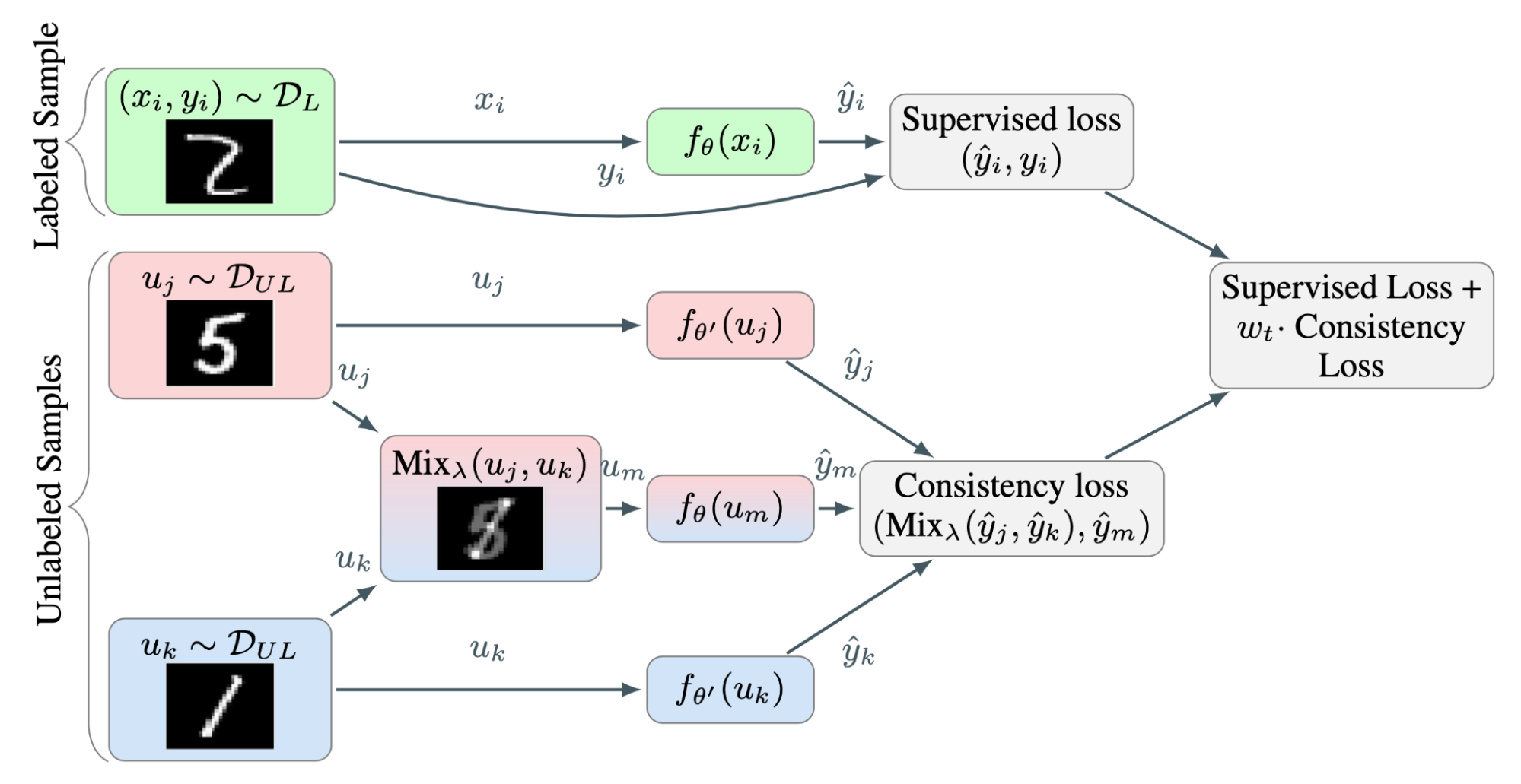

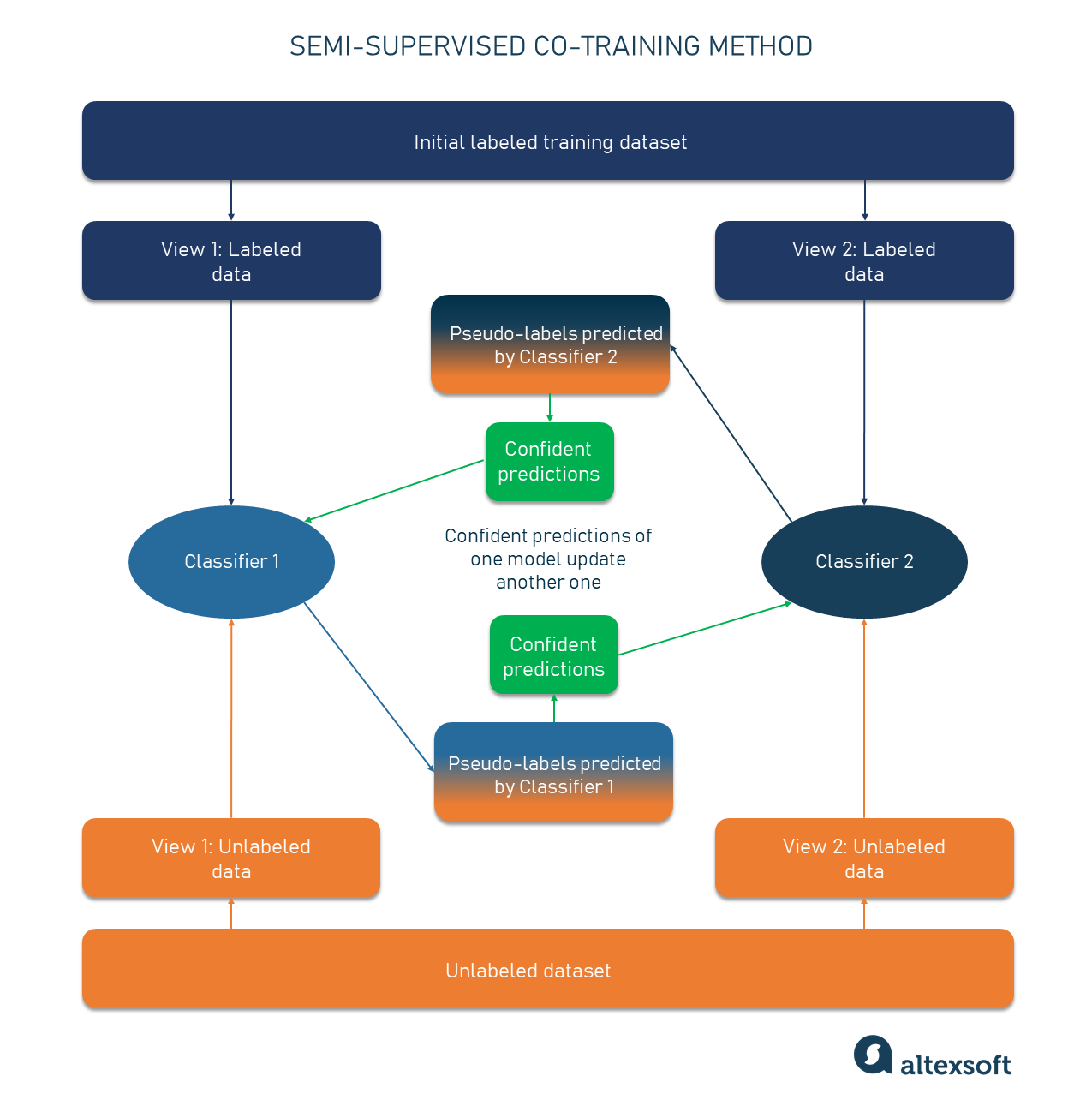

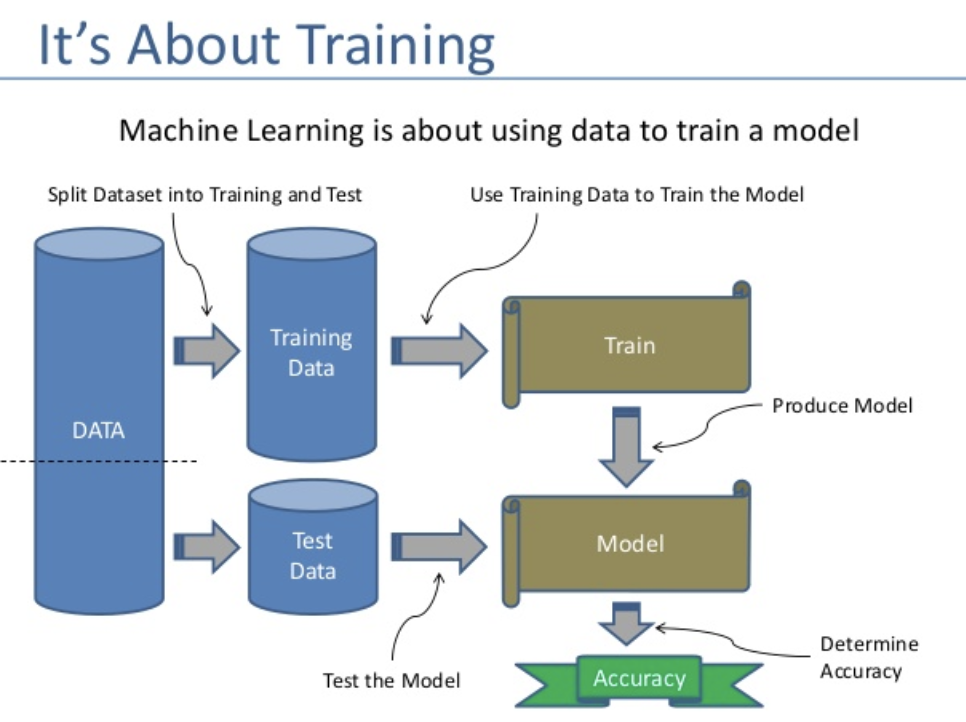

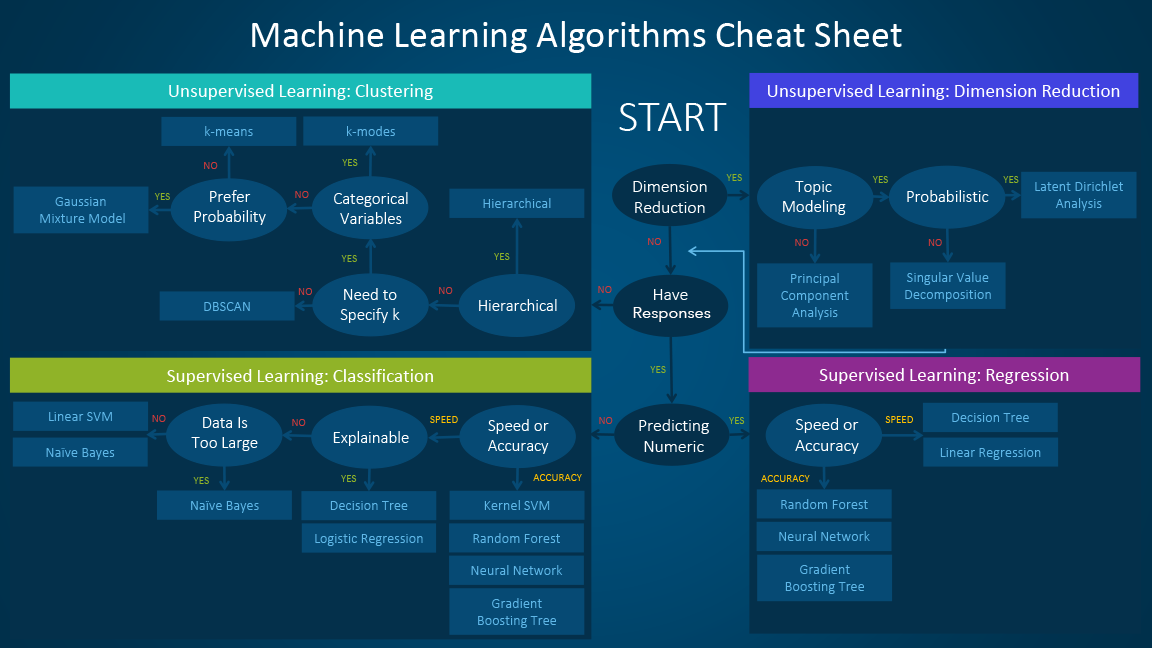

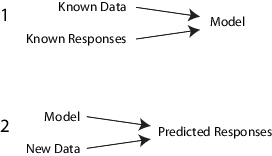
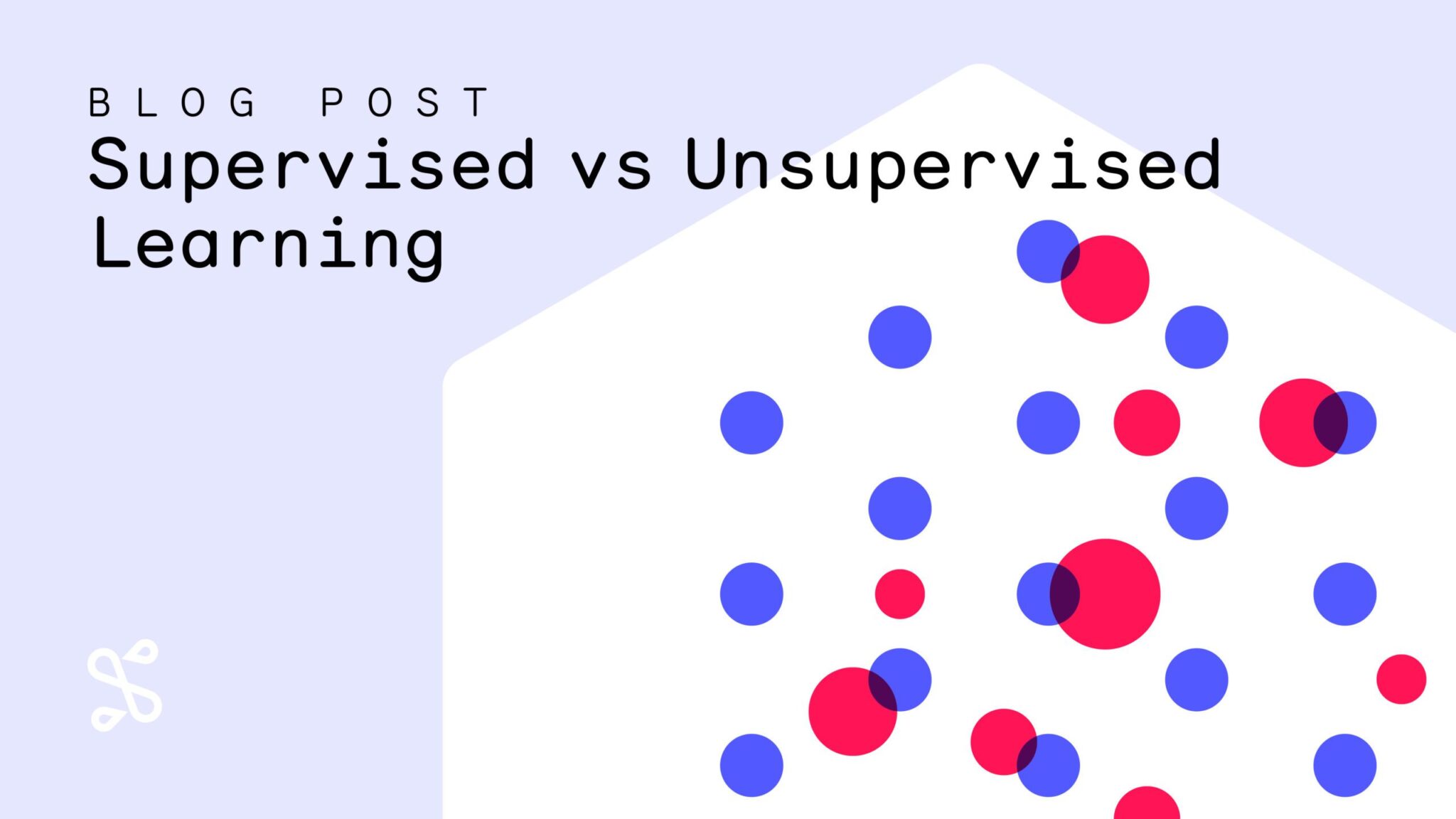
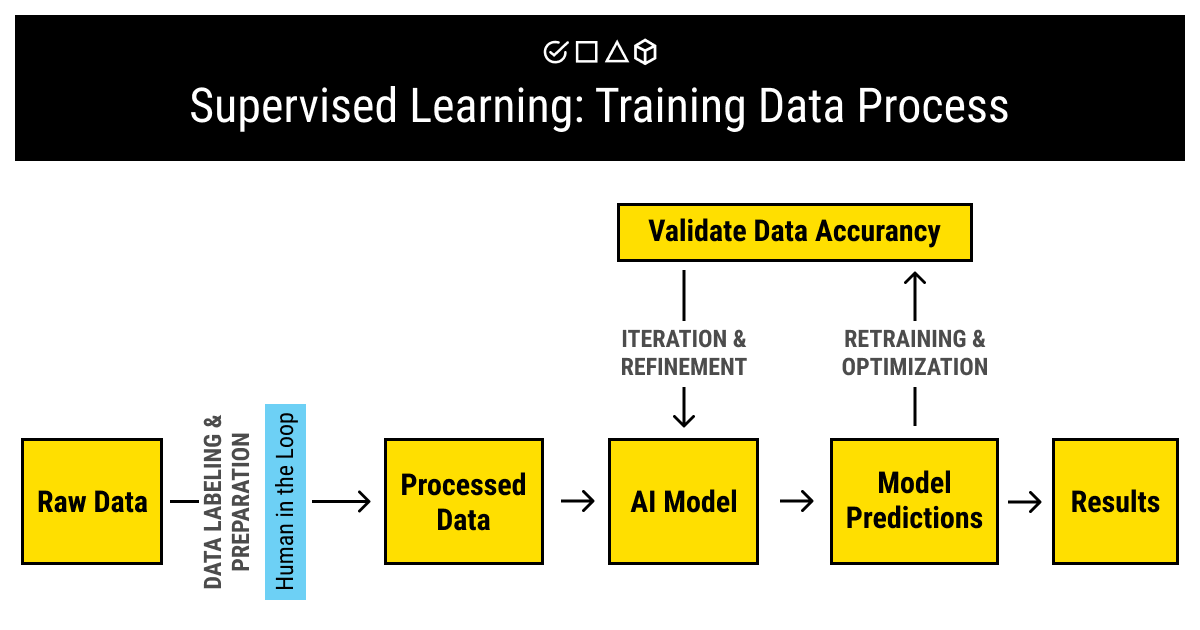

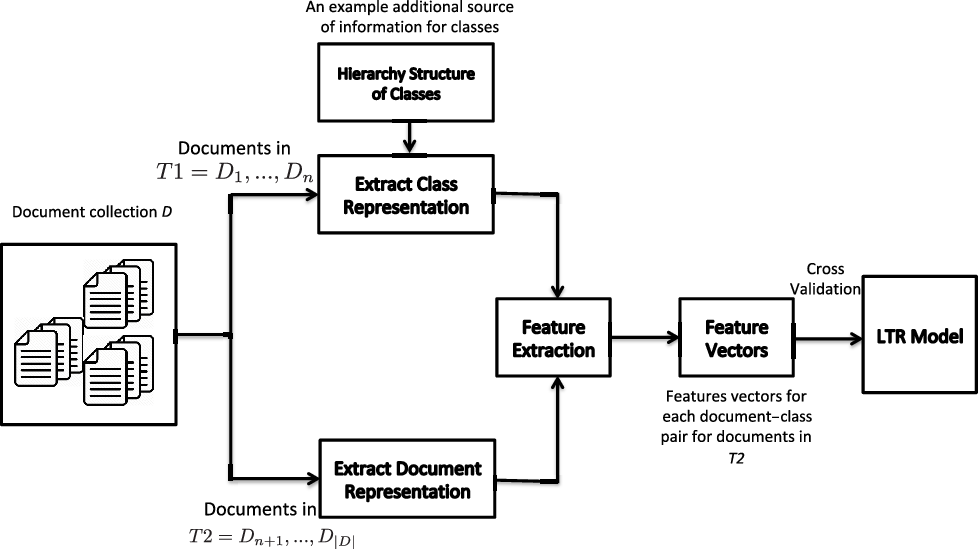
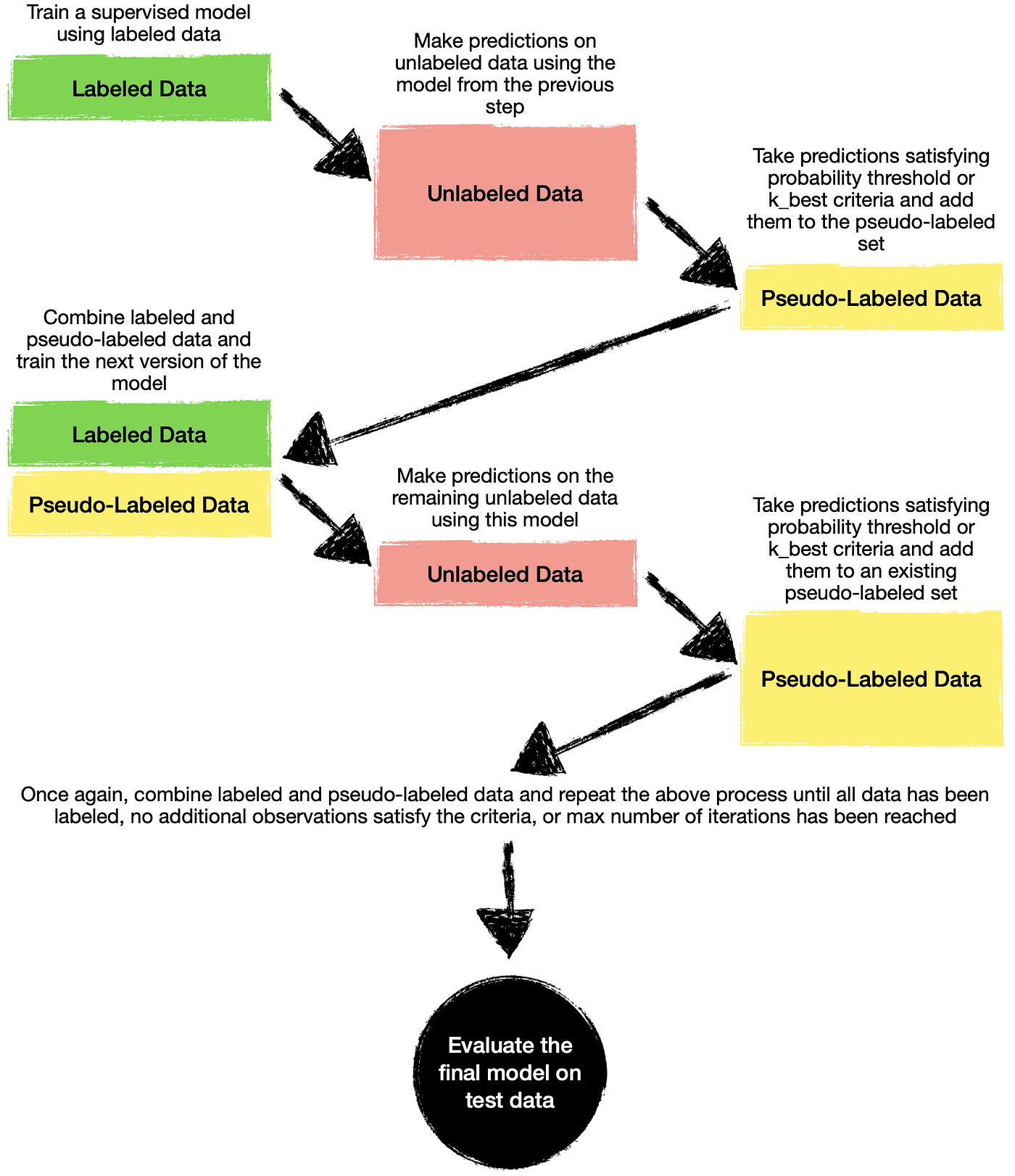
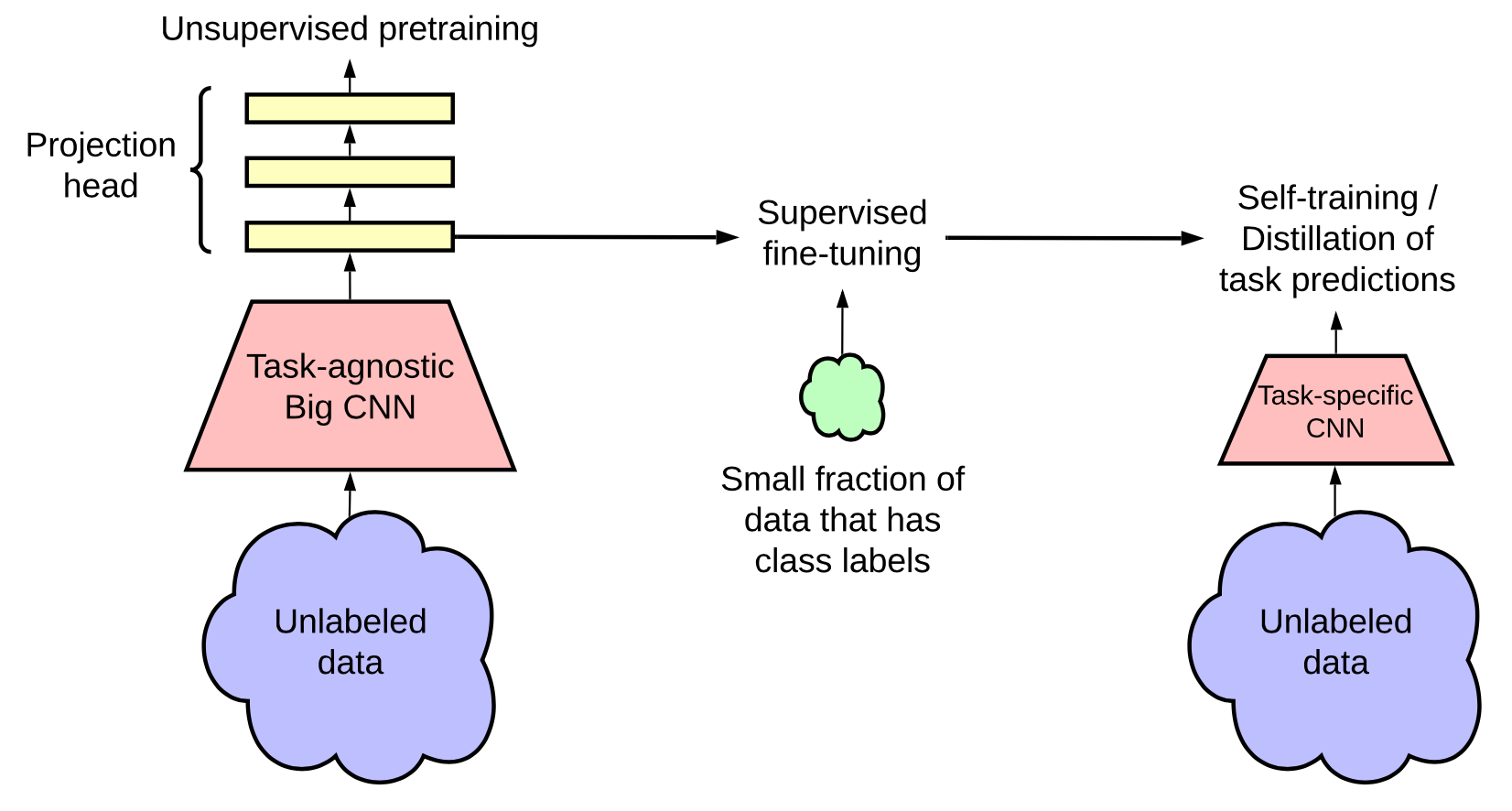
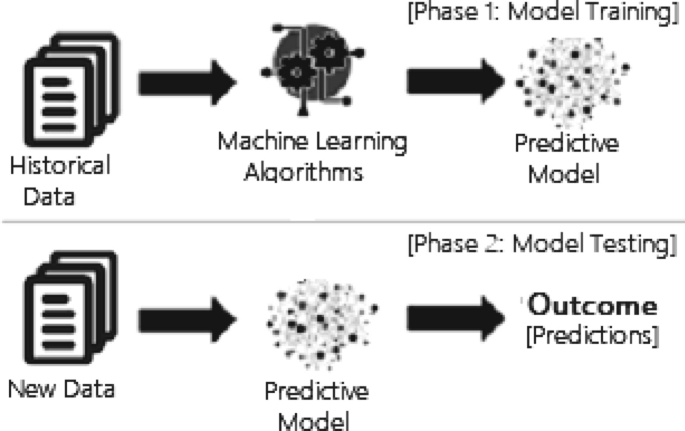
![PDF] CReST: A Class-Rebalancing Self-Training Framework for ...](https://d3i71xaburhd42.cloudfront.net/09acced5fcb49322f5a26ac7a4cbe9f1308657c4/1-Figure1-1.png)
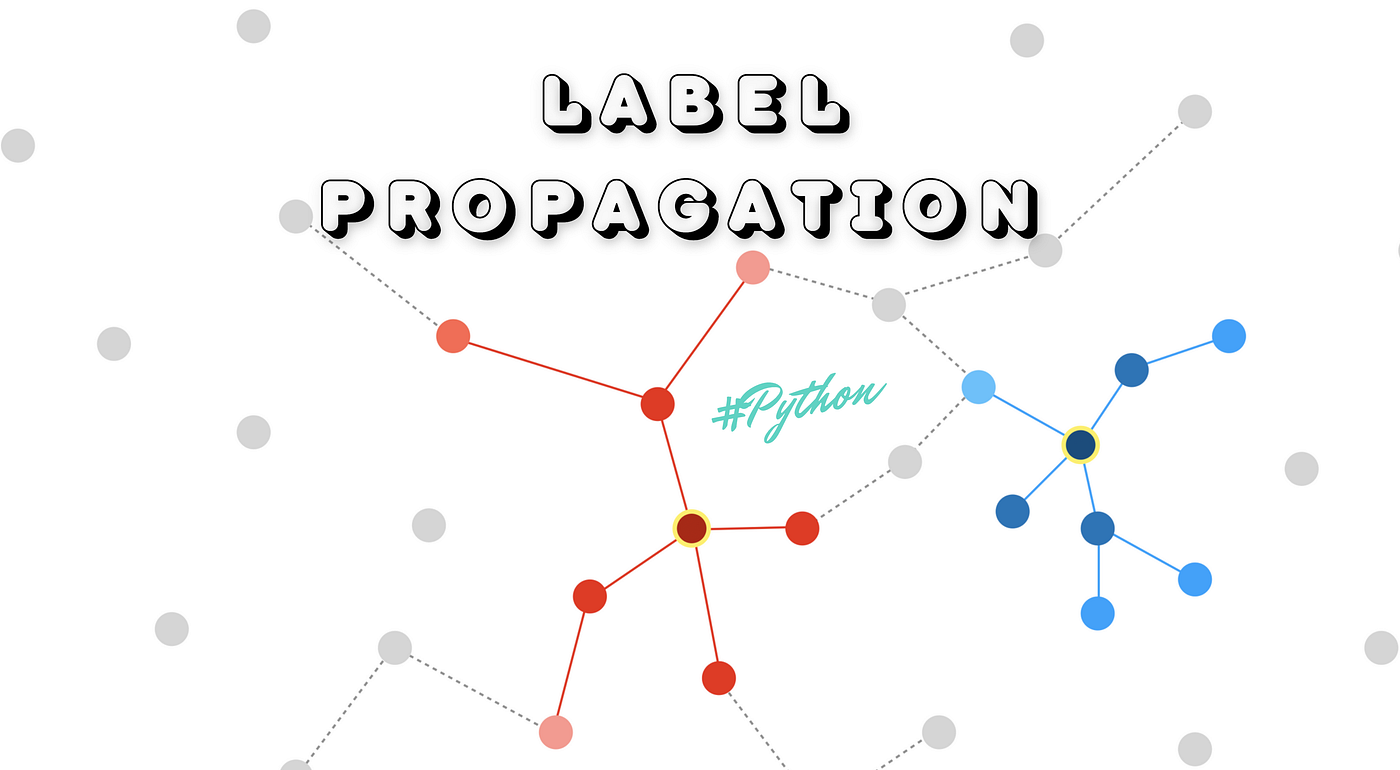

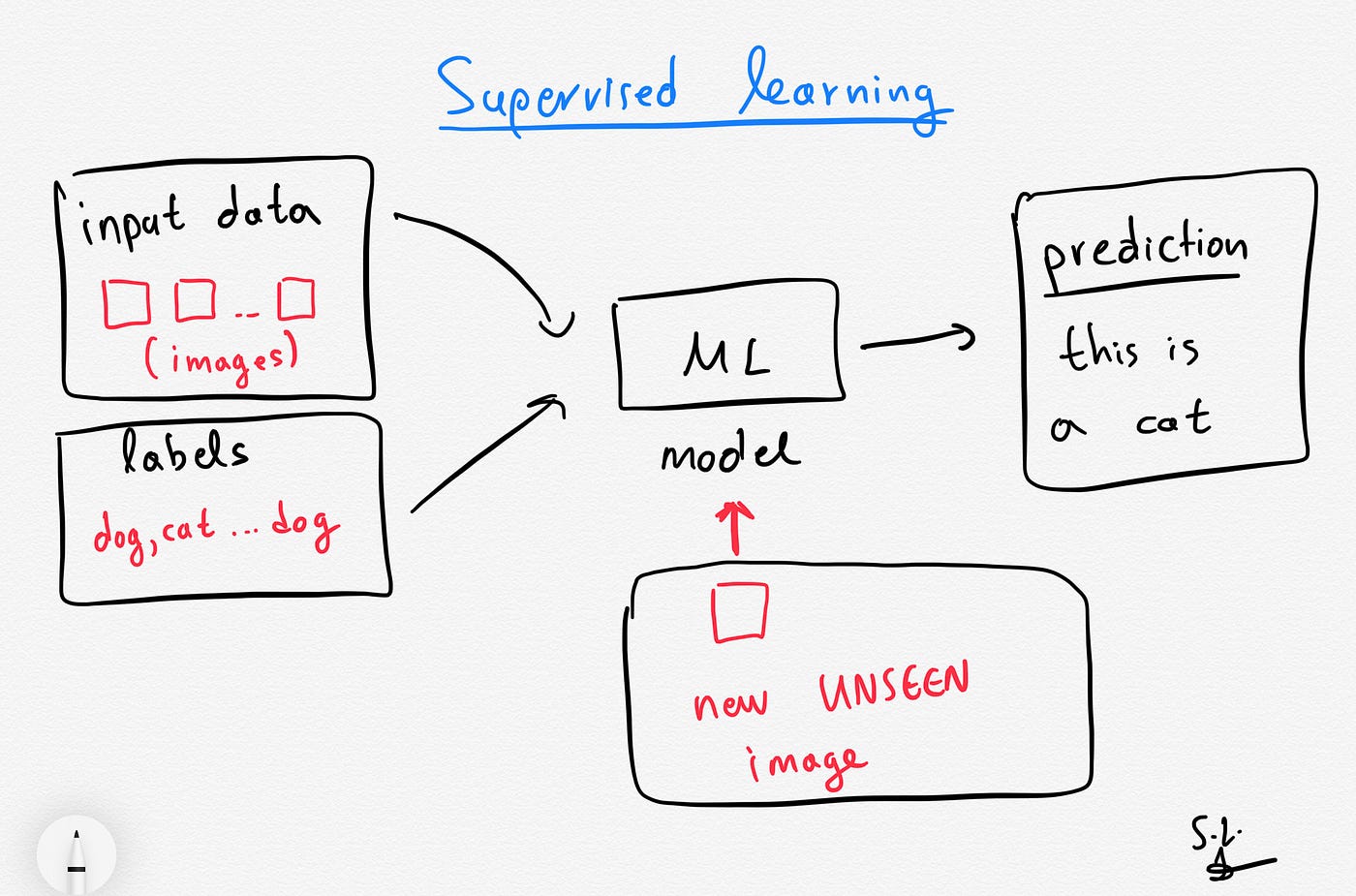
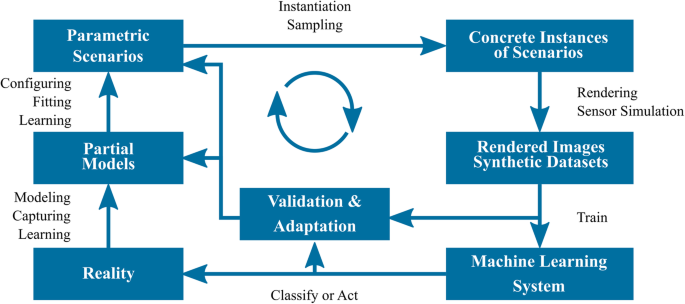


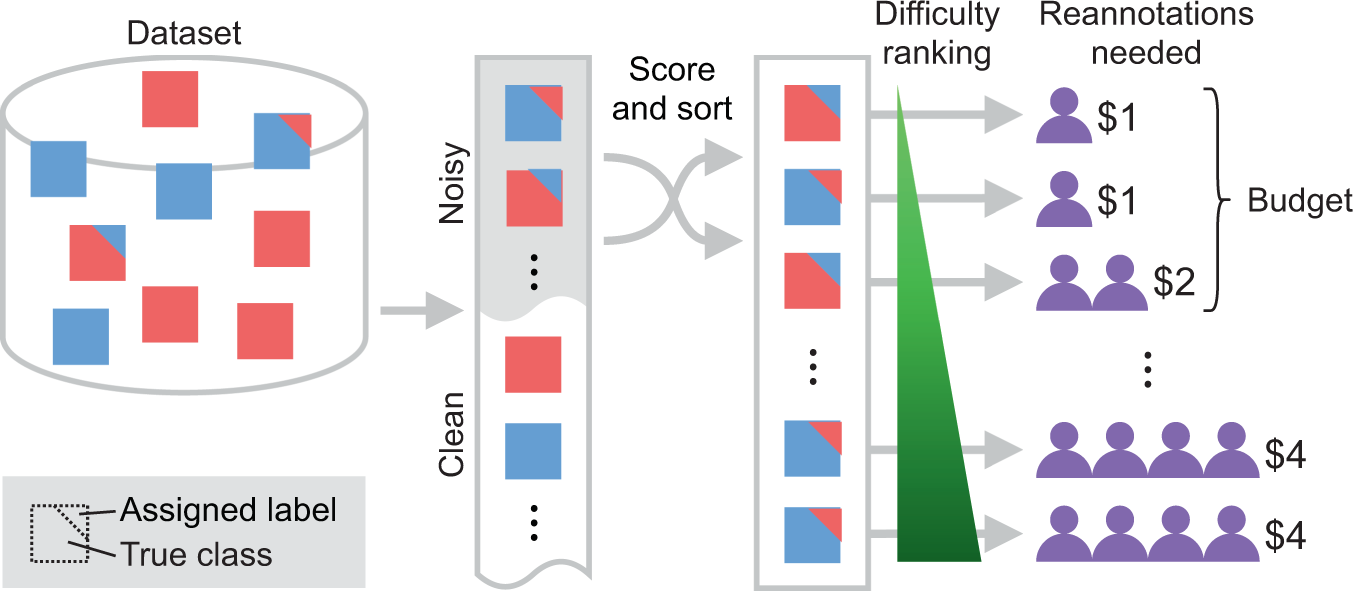

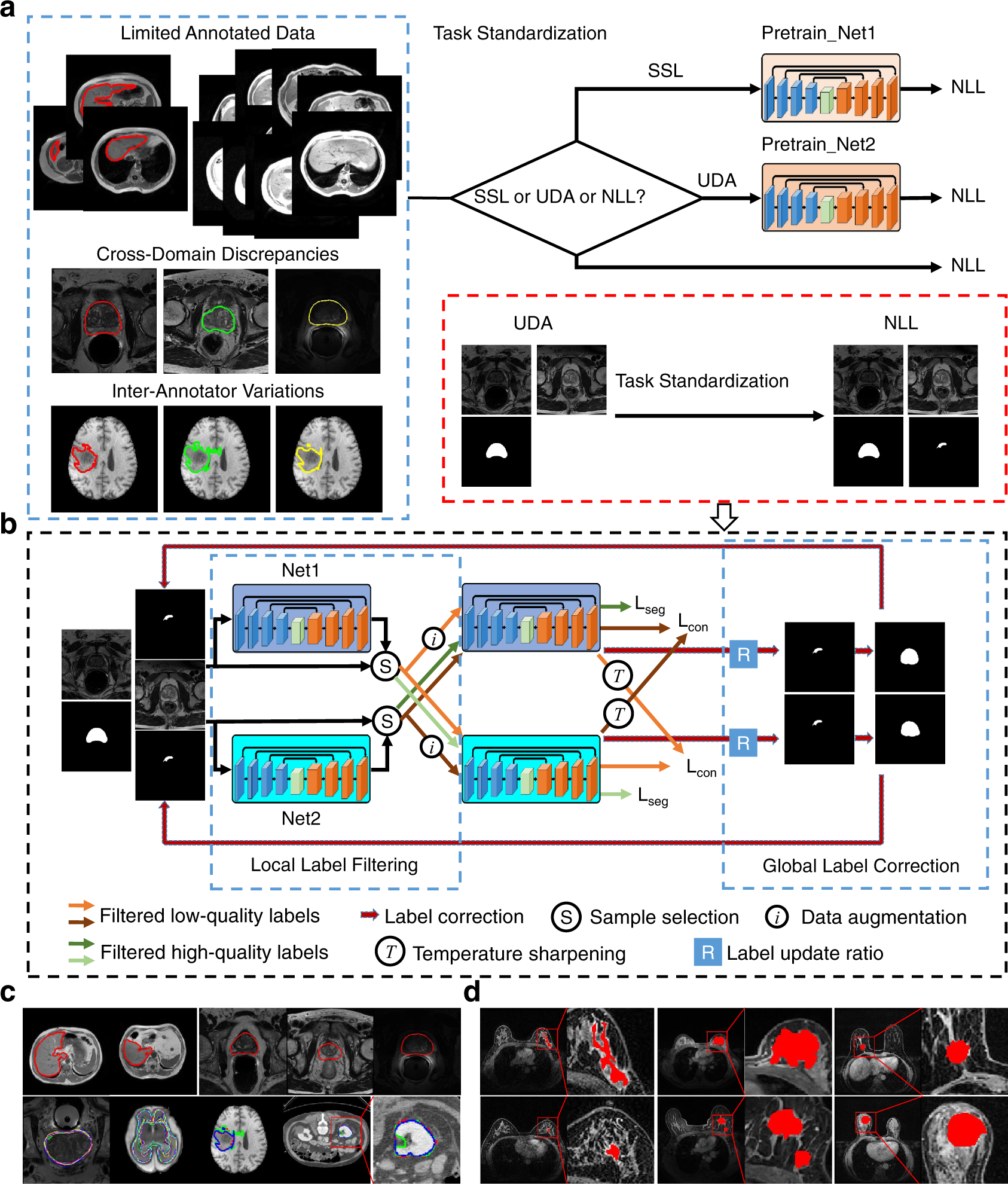
![What Is Data Labelling and How to Do It Efficiently [2022]](https://assets-global.website-files.com/5d7b77b063a9066d83e1209c/60d9ab454dc7ad70f8c5d860_supervised-learning-vs-unsupervised-learning.png)

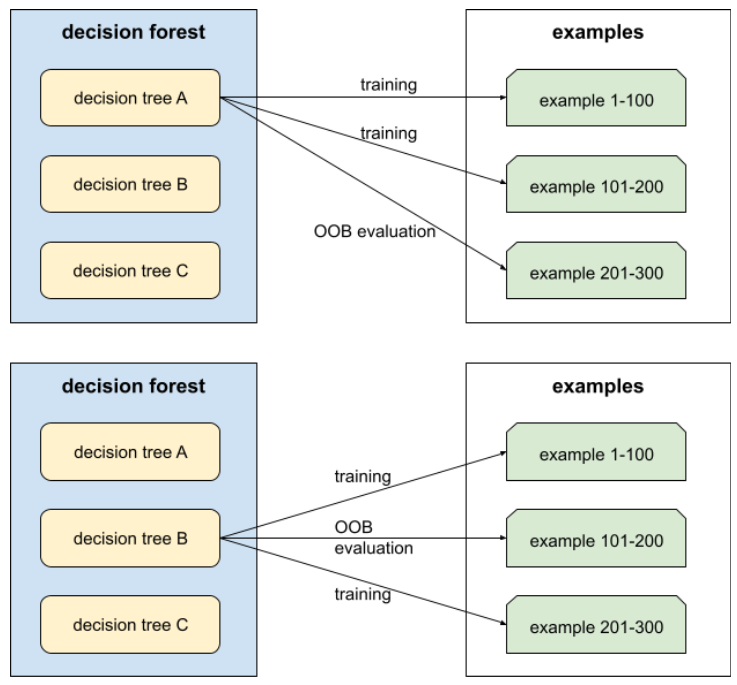


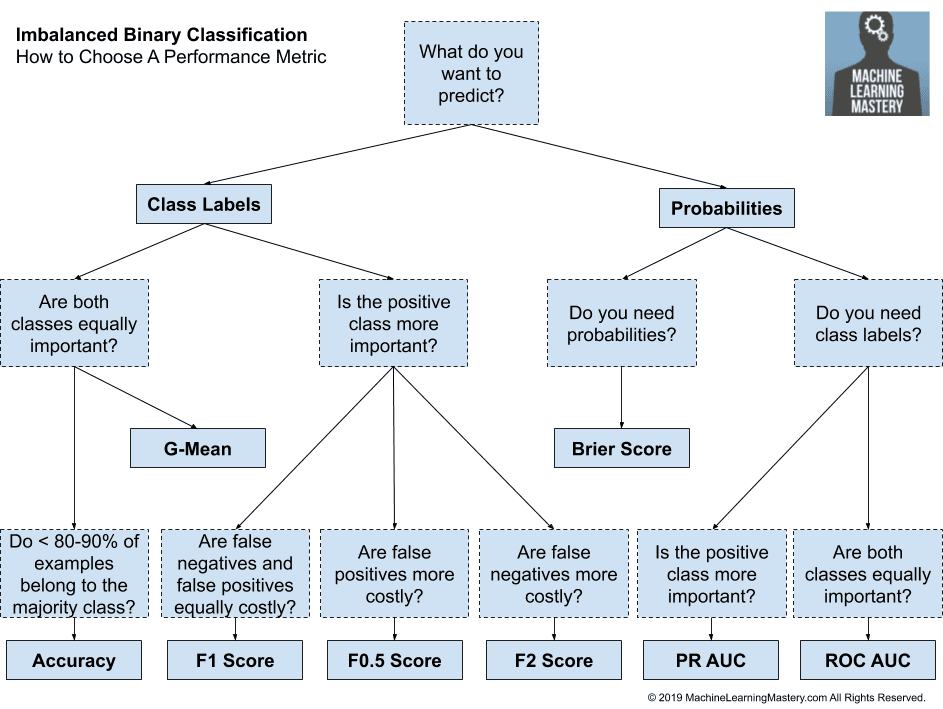

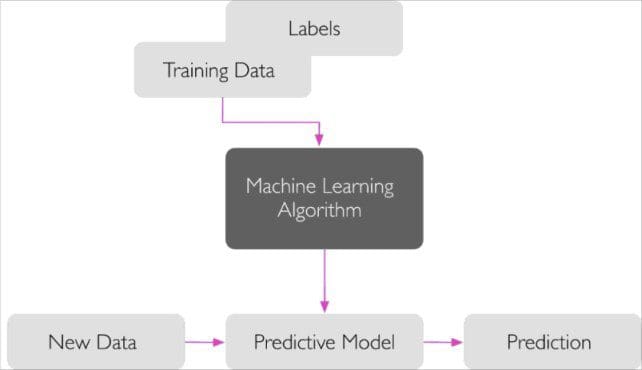

![Supervised vs. Unsupervised Learning [Differences & Examples]](https://assets-global.website-files.com/5d7b77b063a9066d83e1209c/627d12509bceec03c52a4feb_616b63f3b531b95ff6a35dea_data-in-supervised-vs-unsupervised-cover.png)
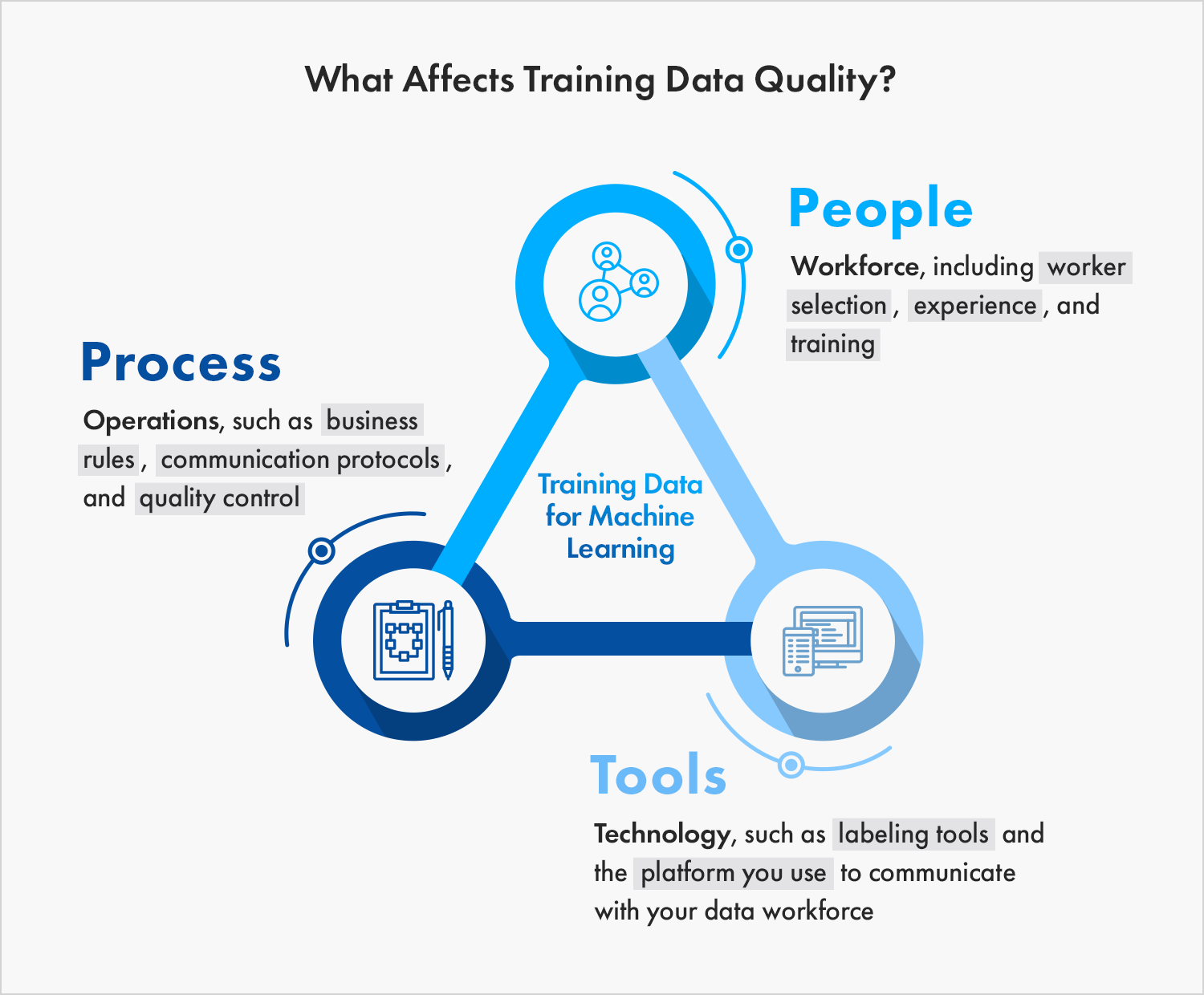
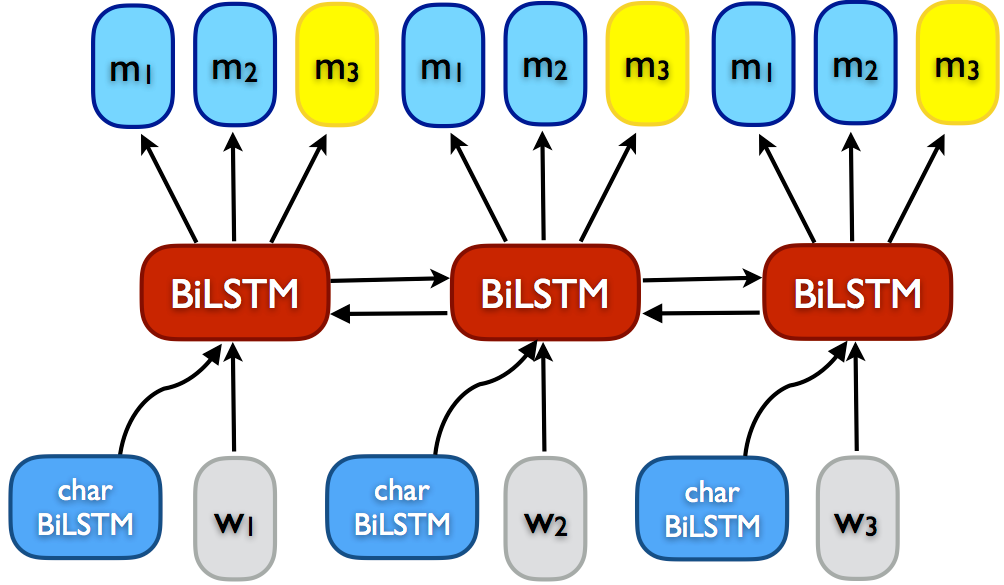

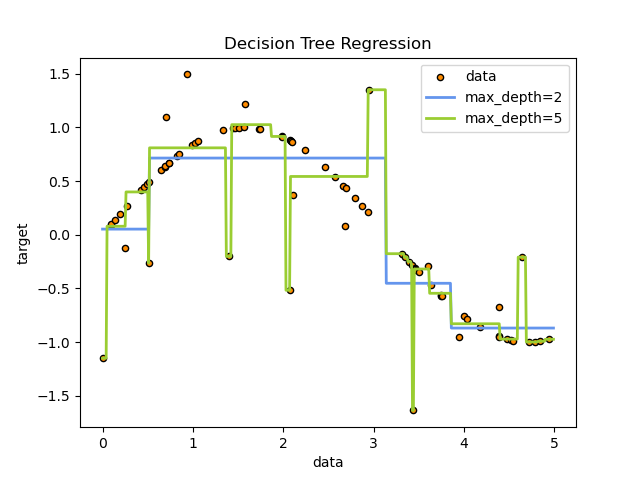
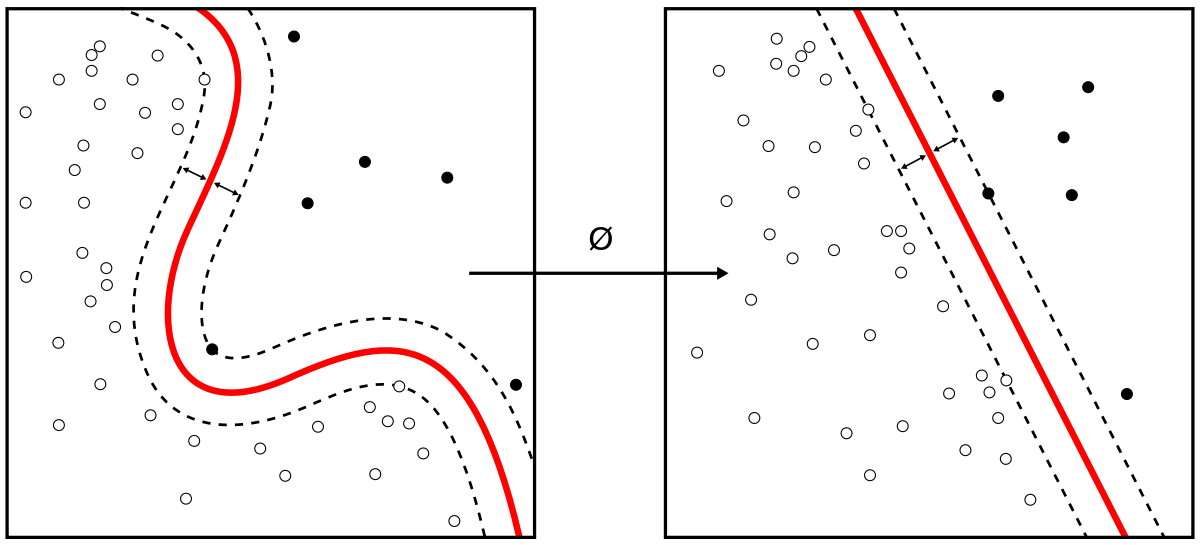
Post a Comment for "44 in supervised learning class labels of the training samples are known"